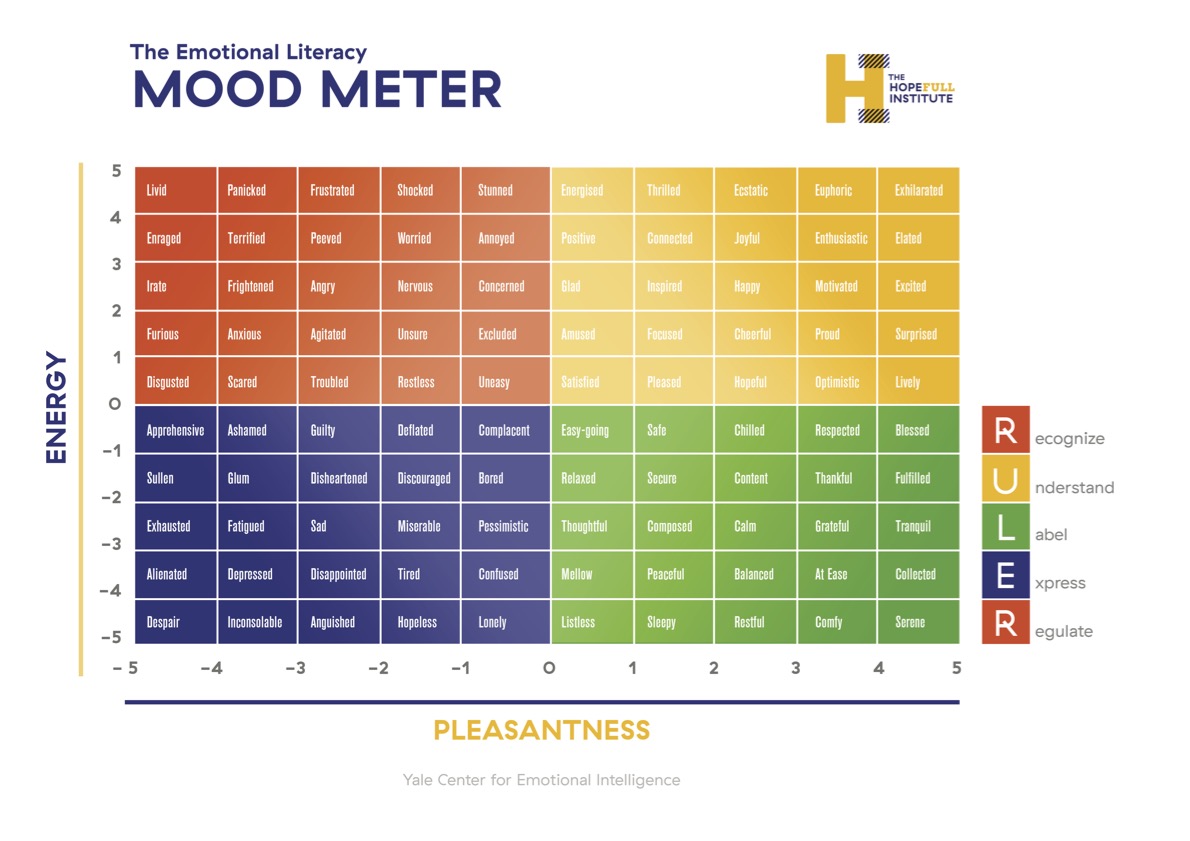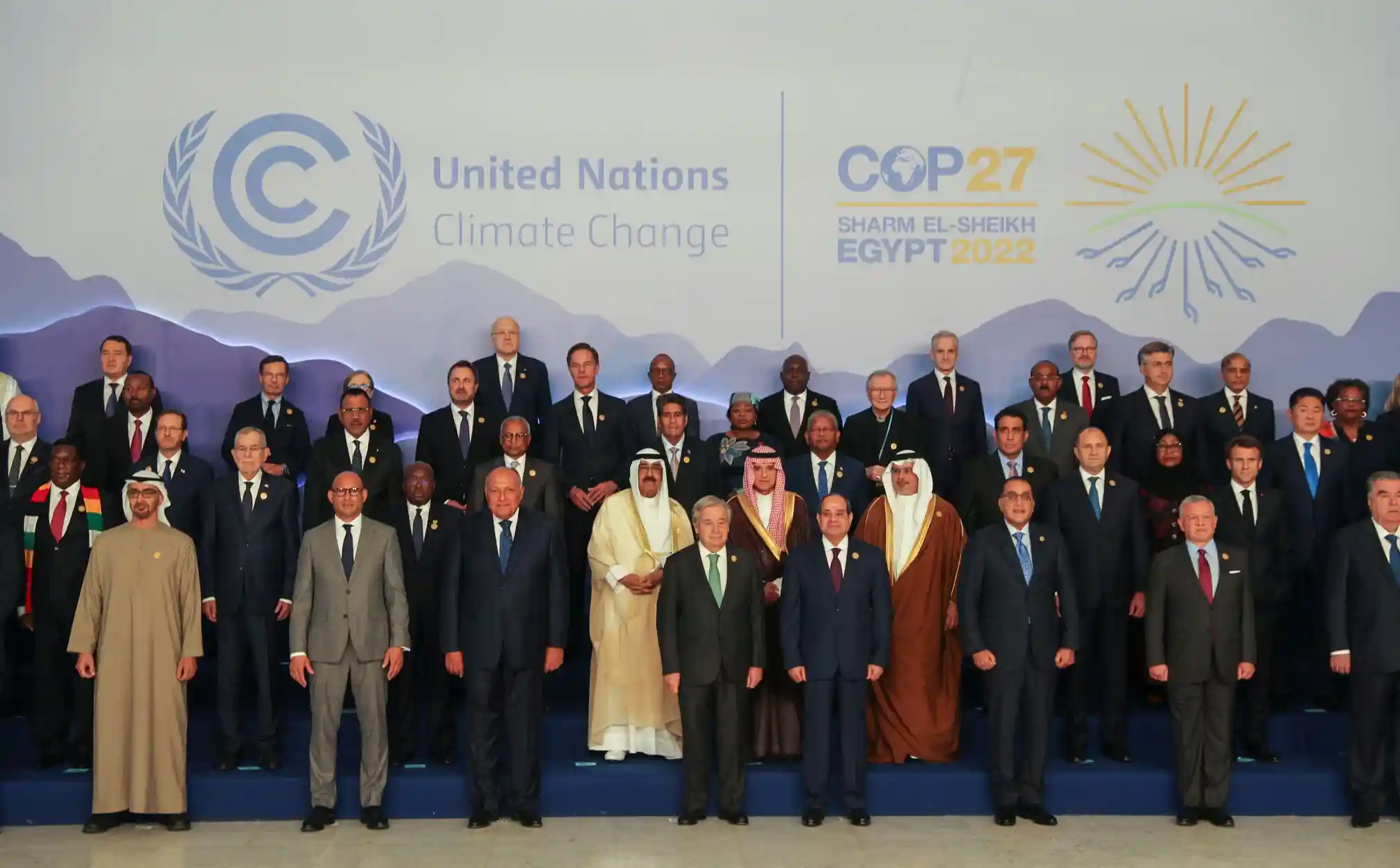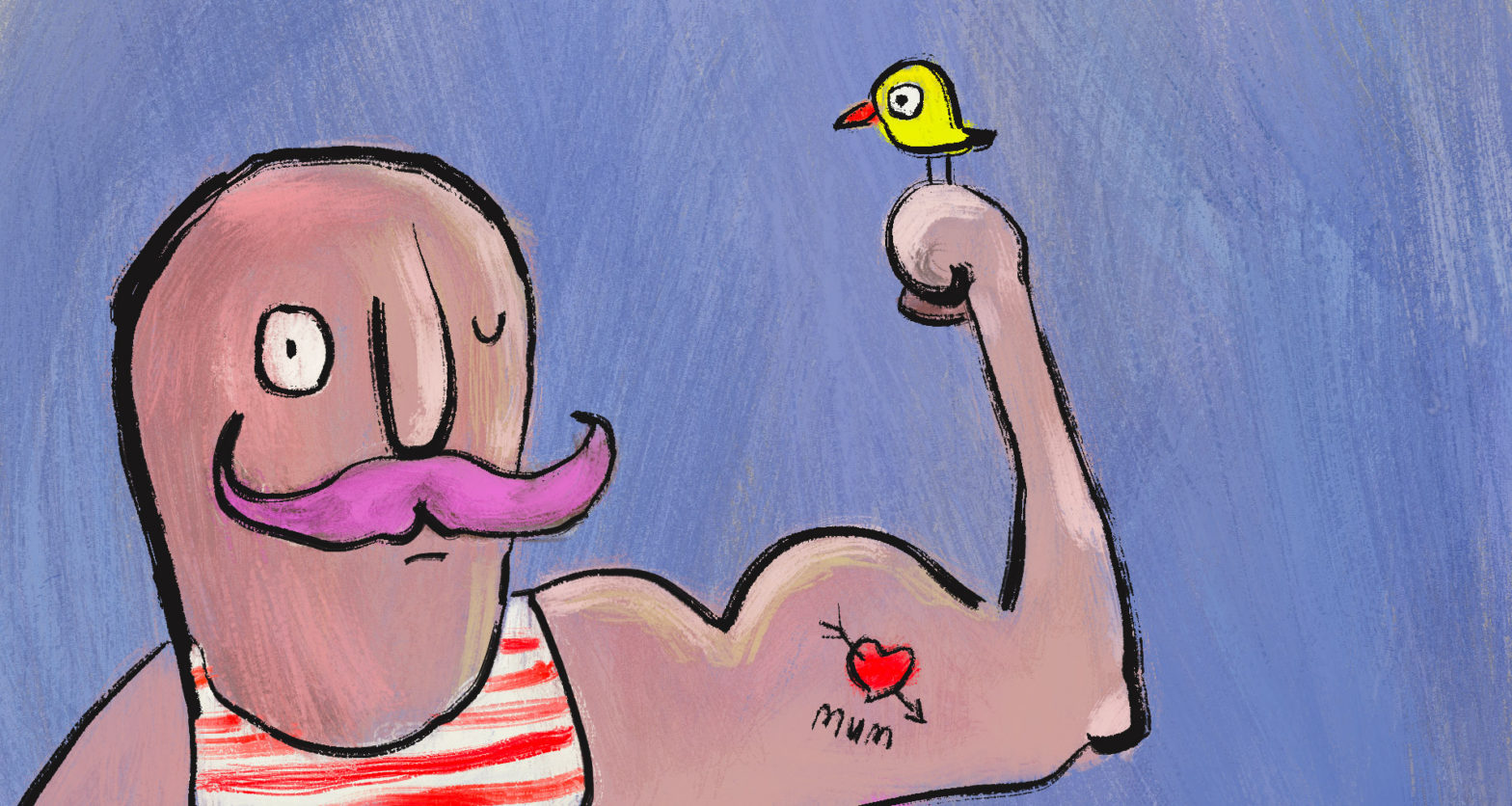For the last decade, I’ve been changing. I grew up on a diet rich in sport, beer, fitness and, well ‘masculinity’. I’ve spent more hours than I’m proud of in a gym attempting to change my tall and skinny physique into something that resembled the he-man action figures I was surrounded with as a child. I never bothered with picking up music, dance, poetry or art because, well, that wasn’t what men in my life did. Apart from when I got kicked in the shins once, or clobbered around the ear by my parents for some deliquent disobedience, I never properly cried until about 24 years old – and that was only at my grandmother’s funeral. I never admitted it at the time, but it felt good.
My parents loved me, fiercely, and so they brought up their boys in the way they were taught boys should be brought up – mostly the way my Dad was brought up. A focus on physical development instead of a focus on emotional development. That’s not to say we didn’t develop emotionally; it just happened as a secondary thing, and because of that, not particularly well. We learned how to ‘be men’, that definition becoming ever more fluid even as I write these words.
Masculinity was sold to me (not just by my parents, but by society) as empowering – feats of strength, control, command, & conquer. Because of this, I’m sure I made some decisions in my early teens and adulthood that ‘helped me get ahead’ in a career or life. After all, as a man, it was up to me to carve my own path, compete against the other, and most importantly: win. In many ways, I won. But in other ways, I lost, and I’m only realising that now.
What I’ve learned about inhabiting the ideas of masculinity as defined by the generation of my parents and earlier is that it’s limiting. Just as ideas of feminity are, at the same time, limiting women. Masculinity constrains options. Forget about art and music; focus on competition and physical strength. Constraining options in a world where we’re overwhelmed with them feels like a good thing. Focus. And, as we’re taught, the focus is good, right?
Well, now, I’m not so sure. I can’t help but feel that, as a man, those limits are, well, rather problematic. Not just at an individual level but at a societal one. As I’ve come to learn about the role that gender has played in the way the world is run, what it boils down to becomes rather stark and worrying – it’s preventing all of us from living a complete human experience.

If, as a man, I’m not supposed to cry or be scared, what options in the spectrum of complex human emotions can I use to deal with feeling sad or worried? I have seen paths that men take which mostly go to anger and violence (or depression and anxiety) all via frustration. The floodgates to sadness and fear are closed so the water gets channelled elsewhere until the dam inevitably overflows. Because we are unable to feel comfortable expressing the full range of human emotion for fear of ridicule from other men or partners who also have fixed ideas of masculinity, we need to suppress, shortcut, and replace with others. That’s not strength, it’s stupidity. It’s also really sad.
To let down our guard against ‘femininity’ lets in the opportunity to live a more complete human experience.
I suspect that gender has never really been a useful way to categorise humans to anyone except the men who continue to hold and perpetuate their (our) own power. And, yes, it is useful for that. Just take a look at the COP27 delegates.

But, by continuing to perpetuate this system, we are in fact doing ourselves a much greater harm, and hurting others in the process. We, as men, are living lives that may feel powerful, but are, indeed powerless.
We do not ‘have the balls’ to watch a ballet and tell our male friends that we may actually have enjoyed it and might go next time. We do not ‘have the balls’ to admit vulnerability, fear, or sadness to our male friends when we experience a miscarriage in our family, or financial hardship, or we’re worried about climate change, or our kids’ first day at school. As a ‘bloke’, I’ve feared being the one who doesn’t want to drink alcohol this afternoon, or watch the footy, because I’d rather go to the symphony. Instead, whether we like to believe it or not, we seek ways to relieve this built up emotional labour. We externalise it upon the world through agression, drug and alcohol abuse, domestic violence. Internally, we end up diagnosed or undiagnosed with depression, anxiety, loneliness… the list goes on. I’ve been extremeley lucky I’ve had male role models who erred toward the less violent ways. My experience is not everyone else’s.
The question I have, especially for other men, is… is it worth it? The media covers a lot about gender equality and why it’s important. Most of what I read is framed from the women’s perspective – why gender equality will help women. And yes, it will. But, that same ‘pro-women’ coverage provokes some (most?) men to take the immediate and reflexively defensive position: to give women more means to ‘takeaway’ from men. The worst examples of coverage try the opposite – to position men as possible ‘saviours’ of women but that’s not the right way to be thinking about it because it still makes us the heroes; the strong and invulnerable ones.
The other way to look at gender equality is through the selfish lens – what’s in it for me, or the children I may be bringing up? I’ve never met a father who has said, “I want to limit the options for my child.” Gender equality, and normalising ‘taboo’ emotions like grief, worry, and sadness in the workplace, at home, or at the pub, will make it better for men, too. It gives us the opportunity to live fuller and richer human lives, to explore places within ourselves and each other that, just a generation ago, were locked doors. By working on ourselves we also help women and non-binary humans, too. It’s a win, win, win situation.
Trying to undo almost 40 years of social conditioning and identity-building has not been easy, but it’s been one of the most fulfilling projects of my life. It requires a lot of self-reflection and understanding about what I truly enjoy, feel, and think. It also required interacting with other men and women who could show me a different path from the one I grew up on. As they say, you cannot be what you cannot see. I still have problems with depending on others but I’m working on that.
But, the further I go down the path of redefining what it means to be a man, the more I’m realising that gender limits us all. I’d love my nephews, nieces, and anyone that comes behind me in the human project to benefit from thinking human first; not in categories of ‘men’ and ‘women’. So, here I am, finding that I’m writing about it in the hope that this message in the bottle lands with just one other bloke who might be courageous enough to take his first step in the direction of living a more human experience. If we don’t do it for others, maybe doing it for ourselves is what’s needed to start the change?
